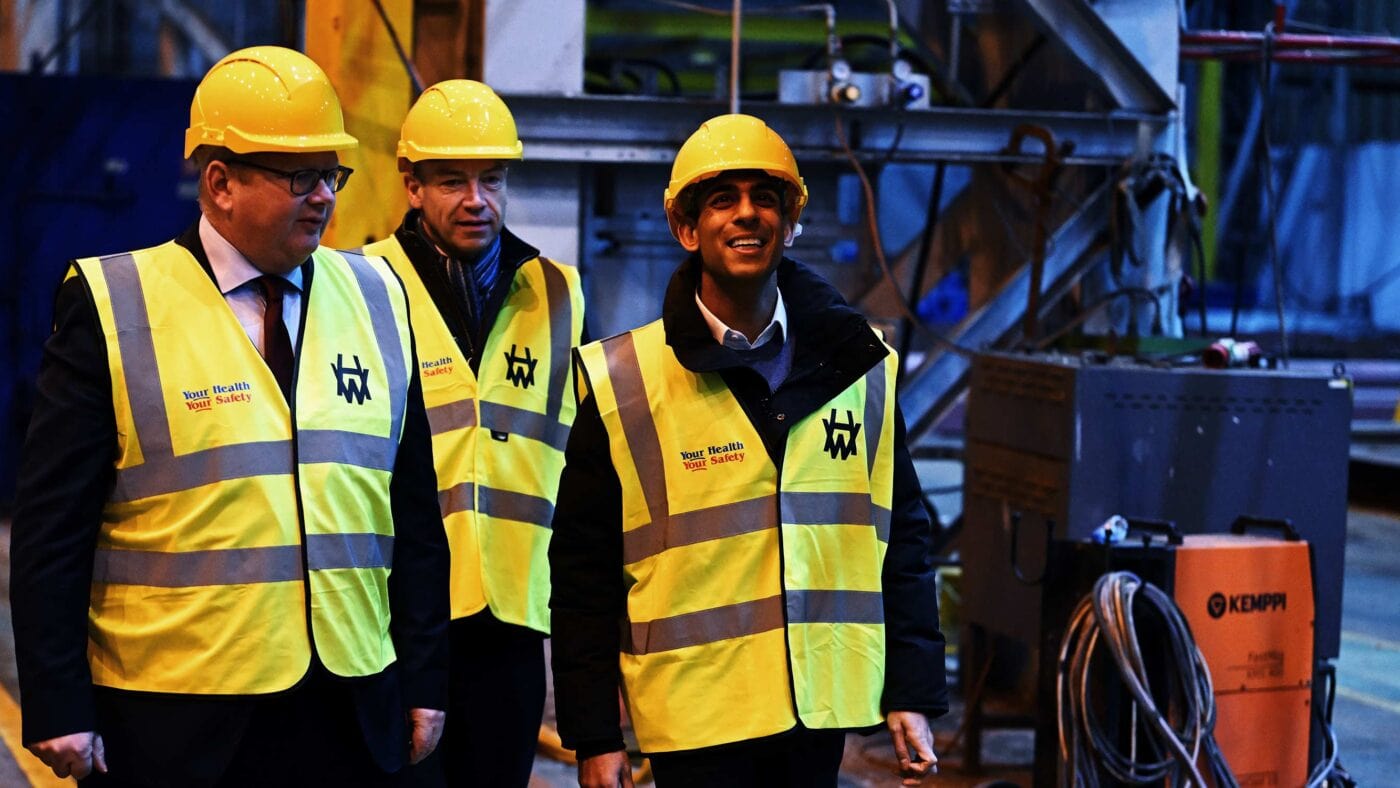Expensing rules are probably not the sexiest policy area you’ll ever come across. How you calculate costs when deducting them from a company’s corporation tax bill might get accountants hot under the collar, but it’s not exactly thrilling stuff for the layman – even assuming you’ve understood what is being talked about.
Nonetheless, expensing is actually pretty damn important. What a company can write off against its tax bill is pivotal in how it uses its revenue to invest in future growth, pay its staff higher wages and other such positive things.
In his defence, Rishi Sunak realised this when he introduced the ‘super-deduction’ in his March 2021 Spring Budget. Effectively, this gave companies a 130% first year capital allowance if they invested in plant and machinery.
The problem, however, is that the policy was only ever meant to run from 2021 until the end of this March. From then on, we’re going back to the previous, much more restrictive regime – along with a huge hike in corporate tax, from 19% to 25%.
As the Centre for Policy Studies has noted, reverting to the old expensing system will make the UK significantly less attractive for business investment – which is already one of our biggest economic problems. It’s therefore essential that ministers change tack and introduce a permanent form of ‘full expensing’.
Now, the defence of the super-deduction only lasting two years was that it was a necessary short-term response to the economic damage wrought by the pandemic. It was also consistent with evidence that temporary tax incentives induce stronger investment responses than permanent. On the other hand, short term incentives may just bring planned investment forward, without affecting the overall amount of investment in the long run. Moreover, the case for policy intervention designed to spur investment is as strong as it’s ever been, pandemic or no pandemic.
But simply maintaining the existing super-deduction is not enough. Why? Because, generous though it sounds, it does not cover important factors of production like structures and buildings, and the deduction is only 50% for integral features such as lifts.
And looking more broadly, moving to a permanent, ‘full-fat’ full expensing regime, where all costs can be deducted immediately, would result in significantly more investment than we currently expect. Indeed, a 2020 paper by Pedro Serodio and Sam Dumitriu estimated that full expensing would result in an 8% increase in investment, and a permanent 3.5% increase in productivity. Given productivity only increased by 0.3% per year across the 2010s, even half that 3.5% figure would be a vast improvement.
Rather than just drawing on modelling of potential effects, we can also look at when the Blair government made it simpler to expense machinery costs – a relatively modest intervention that is estimated to have increased overall business investment by as much as 2.5%.
All of this is made more urgent by the decision to hike corporation tax so dramatically. Far from hitting well-heeled fat cats, there is plenty of evidence that the burden of corporate taxes are actually passed to workers; indeed, one study found that they may bear as much as 51% of all costs. Given that the marginal excess burden of the corporate tax is roughly 30% of the revenue raised, this would mean that for every single pound generated for the Treasury, 65p would be lost from workers’ pockets. Introducing full expensing would lower the effective rate of corporation tax, and dampen its productivity-sapping effects of the hike to 25%.
The big picture is a simple one: business investment in the UK is already in the doldrums, and things will only get worse when corporation tax goes up in April. If Rishi Sunak and Jeremy Hunt want to avoid Britain’s decline accelerating, they need to take the best bits of the super-deduction, root out its worst features and make full expensing permanent.
Click here to subscribe to our daily briefing – the best pieces from CapX and across the web.
CapX depends on the generosity of its readers. If you value what we do, please consider making a donation.


